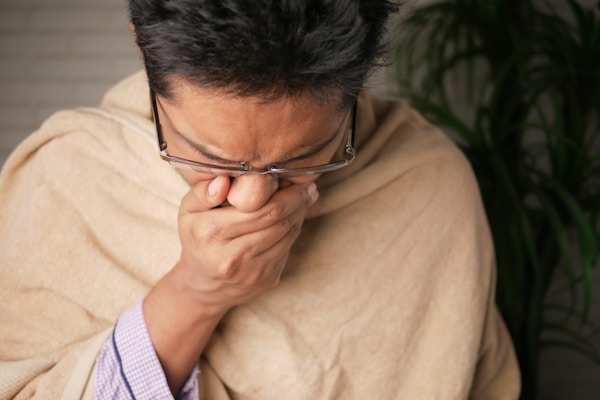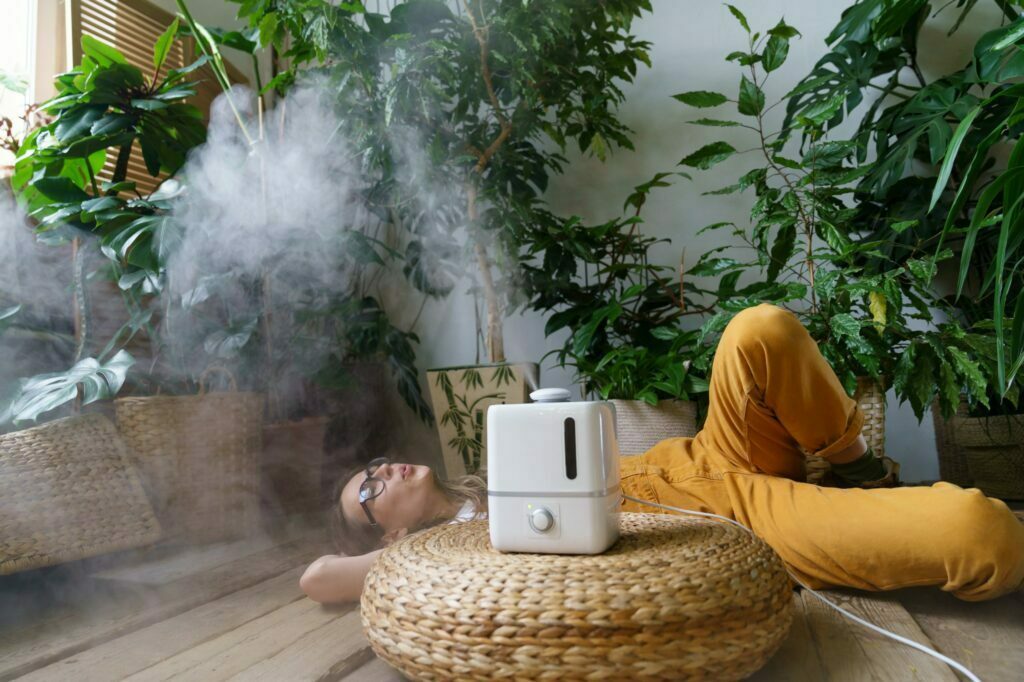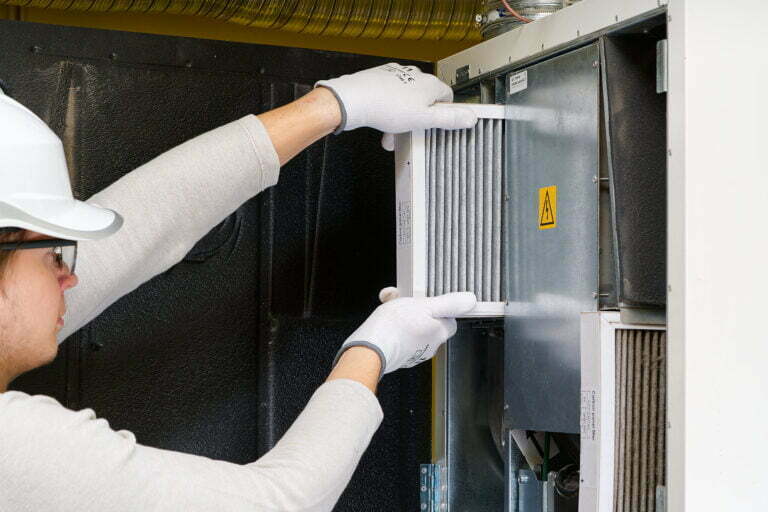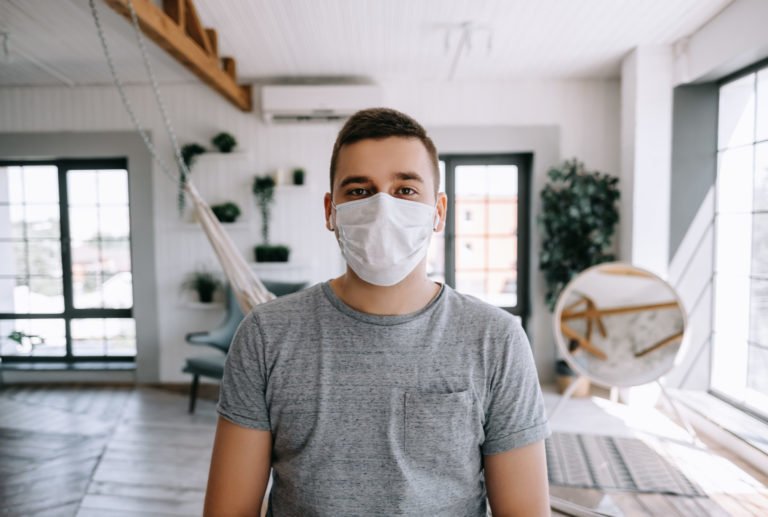There are a lot of reasons why quality indoor air is important in your home. The quality of the air in your house can impact how comfortable your space is and how healthy you and your family are.
Poor indoor air quality can cause or contribute to the development of different health problems, including respiratory infections, asthma, and allergies. Poor air quality can also lead to difficulty sleeping. Keep reading to learn more about the effects of poor air quality on your health.
Allergies

Allergies are one of the main health concerns that can be exacerbated by poor air quality in your home. An overreaction of the immune system causes allergies to a foreign substance, such as dust, pollen, or pet dander. When these allergens are present in the air, they can trigger an allergic reaction, which can include symptoms such as sneezing, runny nose, watery eyes, and itchy throat. In severe cases, allergies can also lead to asthma attacks.
Dirty air filters, environmental factors, and geographic location can all impact your home’s indoor air quality. Any of these factors can make allergies worse by increasing the concentration of allergens in the air. Additionally, poor ventilation can cause allergens to build up on surfaces and in the air, making them easier to inhale. In some cases, people with allergies may also be sensitive to chemicals or other pollutants that can be found in poor-quality indoor air.
Respiratory Illnesses
According to the Environmental Protection Agency (EPA), poor indoor air quality can have a variety of negative impacts on your health. Exposure to airborne contaminants can cause or aggravate respiratory illnesses, such as asthma, COPD, emphysema, chronic bronchitis, and others. Some of the most common indoor air pollutants include mold, dust, and chemicals. If these substances are present in your home, they can cause trouble for those with respiratory problems. Installing air purifiers with HEPA filters and ensuring proper ventilation can help alleviate some air pollution and provide relief for those with respiratory illnesses.
Difficulty Sleeping

Studies have shown that people who are exposed to indoor air pollution, such as secondhand smoke, volatile organic compounds (VOCs), and radon, are more likely to experience sleep problems than those who are not. There are a few reasons why poor indoor air quality can interfere with your sleep. As discussed, exposure to pollutants can cause or inflame respiratory problems. This can cause a great deal of discomfort and make it difficult to sleep. In addition, pollutants can cause inflammation, which can also keep you awake. And finally, pollutants can disrupt your body’s natural sleep rhythms, causing you to have trouble falling and staying asleep.
If you are having trouble sleeping due to poor indoor air quality, there are a few things you can do to improve the situation. First, try to reduce your exposure to pollutants as much as possible. You can do this by avoiding cigarette smoke, using fans or air purifiers to circulate air, and opening windows to let in the fresh air. You can also try to choose furniture, paint, and other household products that emit low levels of VOCs.
If you are unable to reduce your exposure to pollutants, you may want to consider using a sleep mask to keep the pollutants out of your eyes and nose. You can also try using a humidifier to increase the moisture in the air, which can help to reduce inflammation and improve your sleep.
Overall, the effects of poor indoor air quality on your health are significant. They can cause everything from minor annoyances, like itchy eyes and a runny nose, to more serious health problems, like respiratory infections and asthma. It’s imperative that you work to ensure that the highest quality air is circulating in your home.





